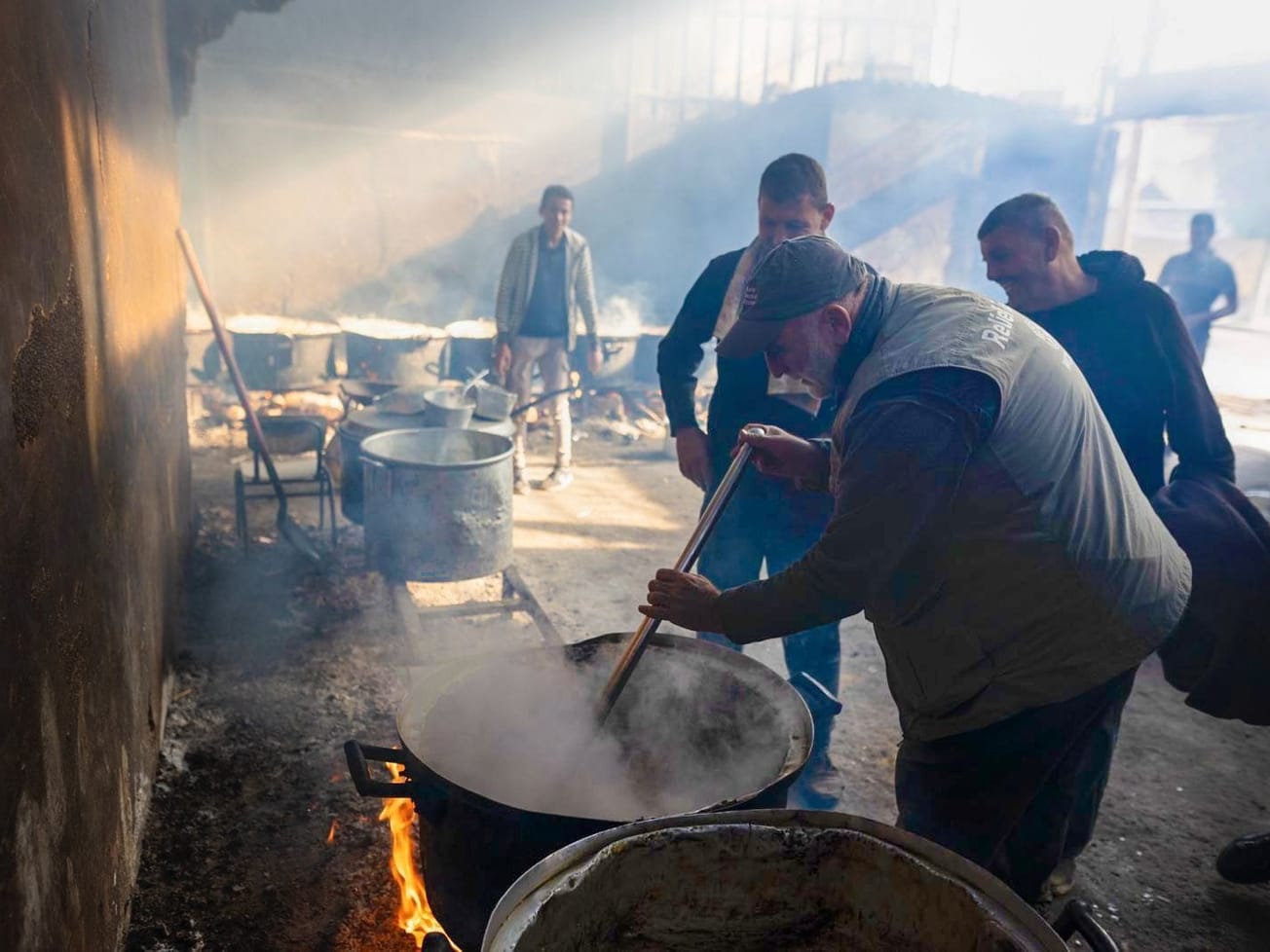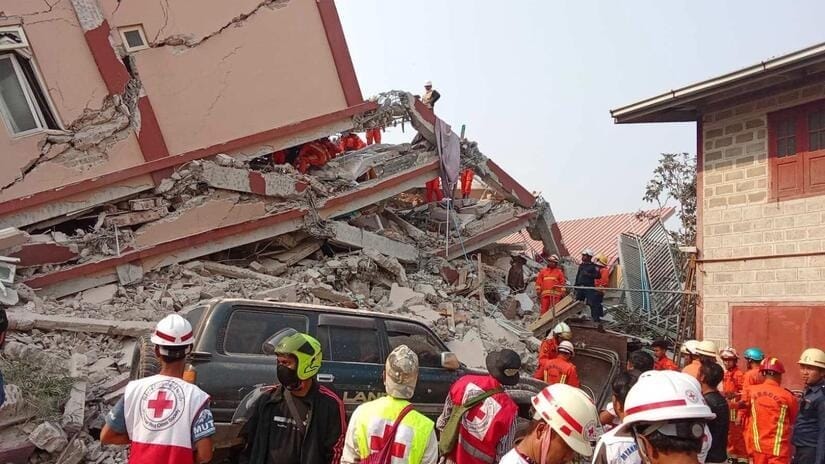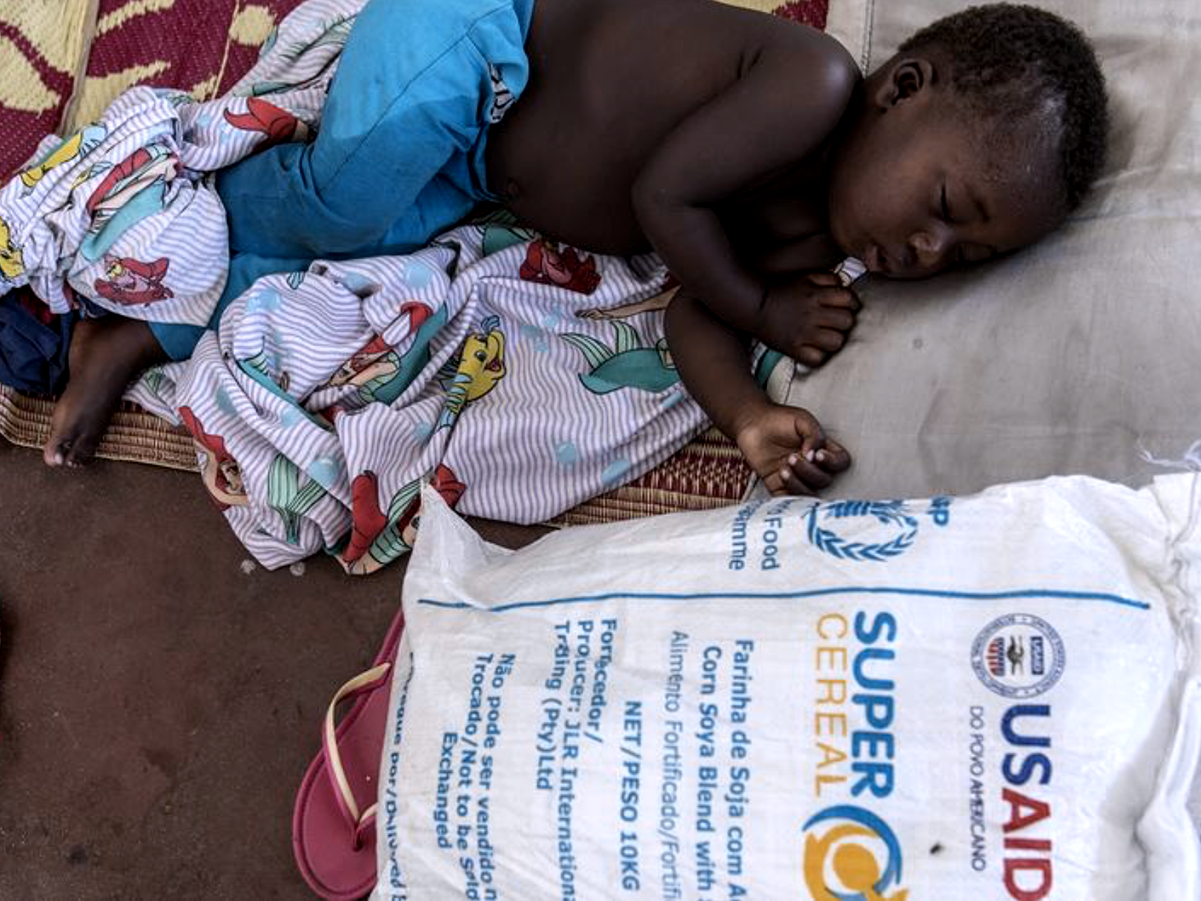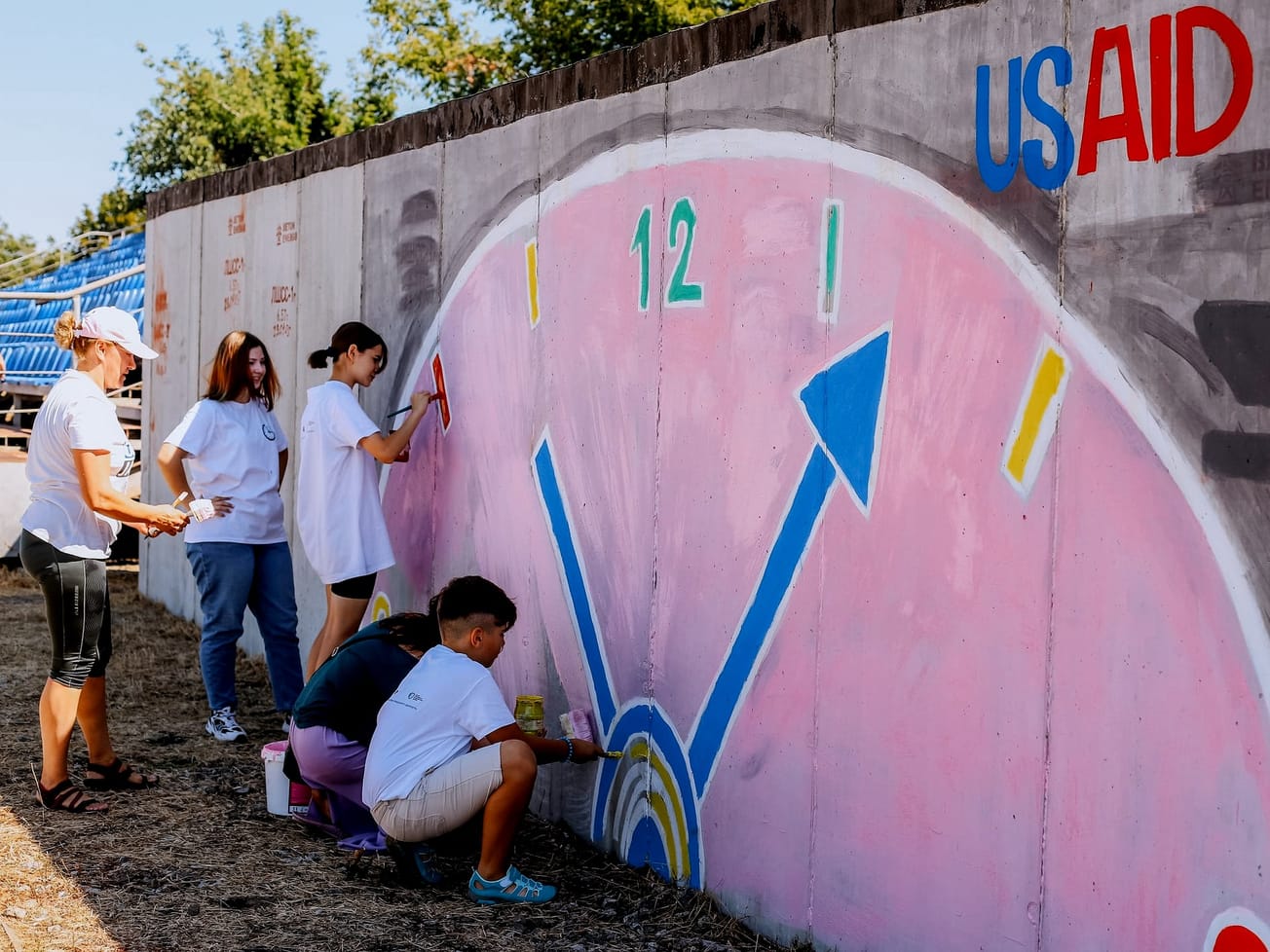In the wake of Israeli airstrikes that killed at least seven aid workers delivering food, several humanitarian groups moved to halt their operations as concerns for safety and civilians' survival mounted in Gaza.
The Israeli strikes that killed seven World Central Kitchen workers in Gaza earlier this week "were carried out in serious violation" of military procedures when a commander mistakenly assumed that two Hamas gunman were inside one of charity's vehicles, according to Israel Defense Forces' findings on Friday.









